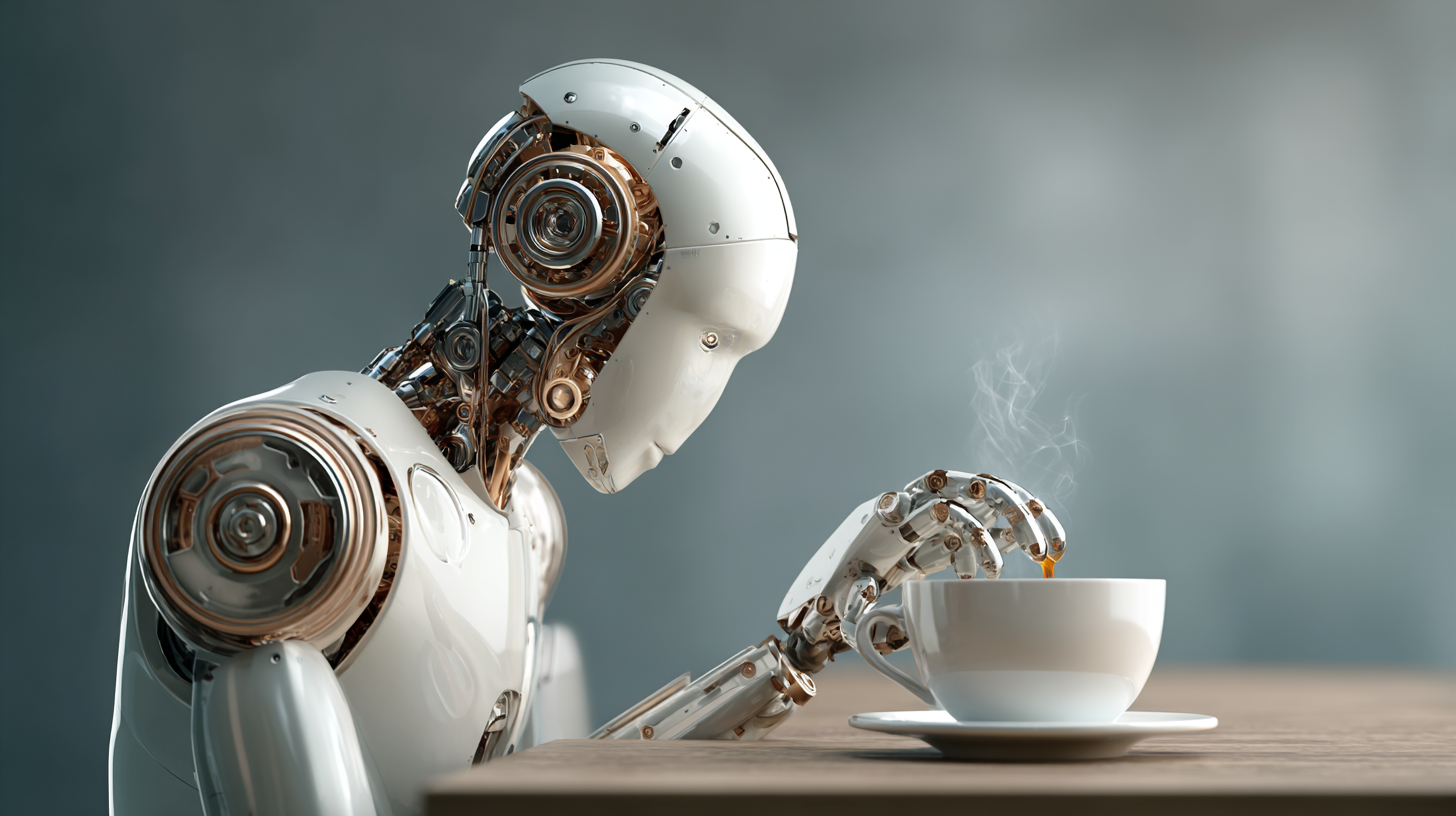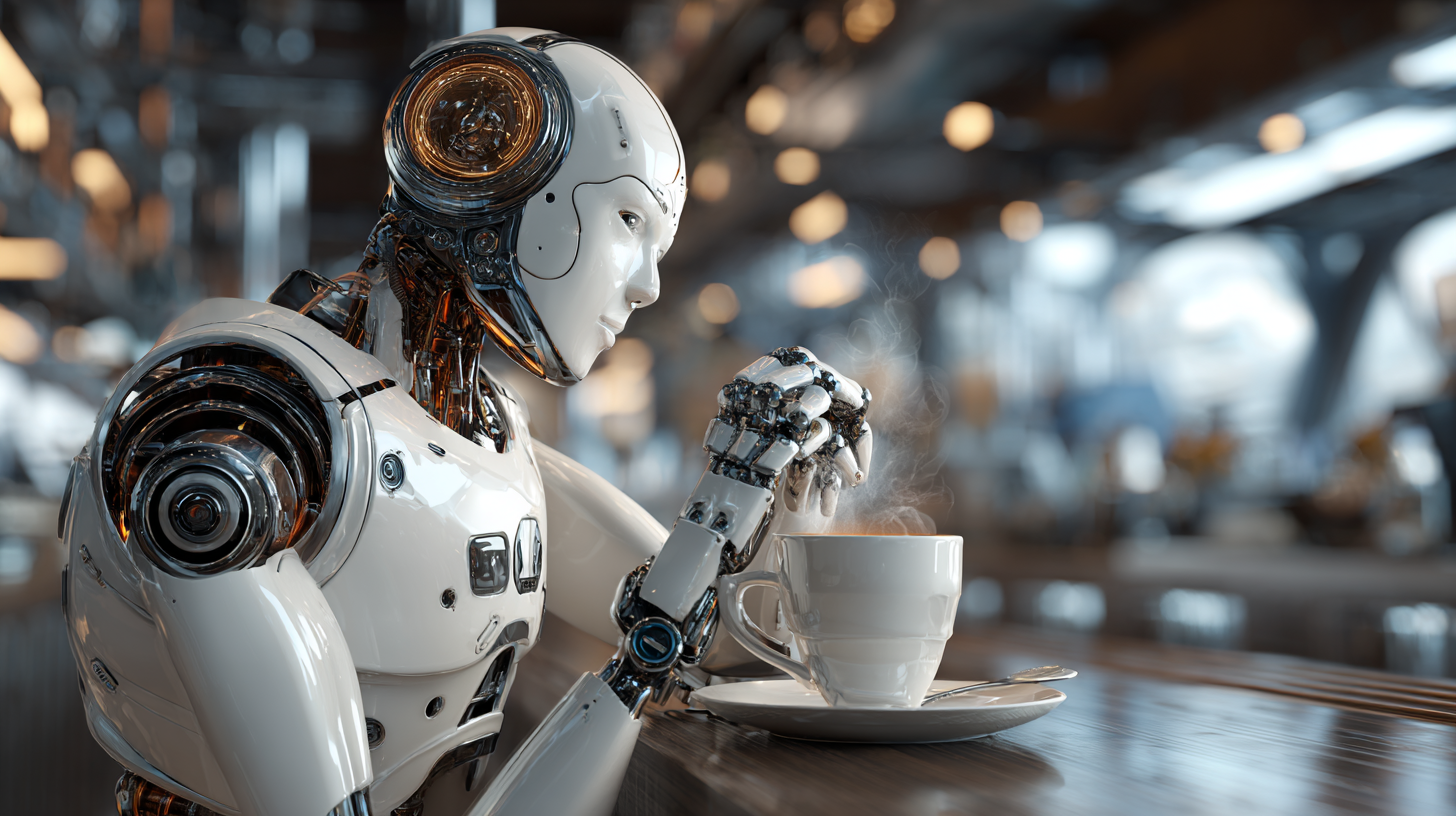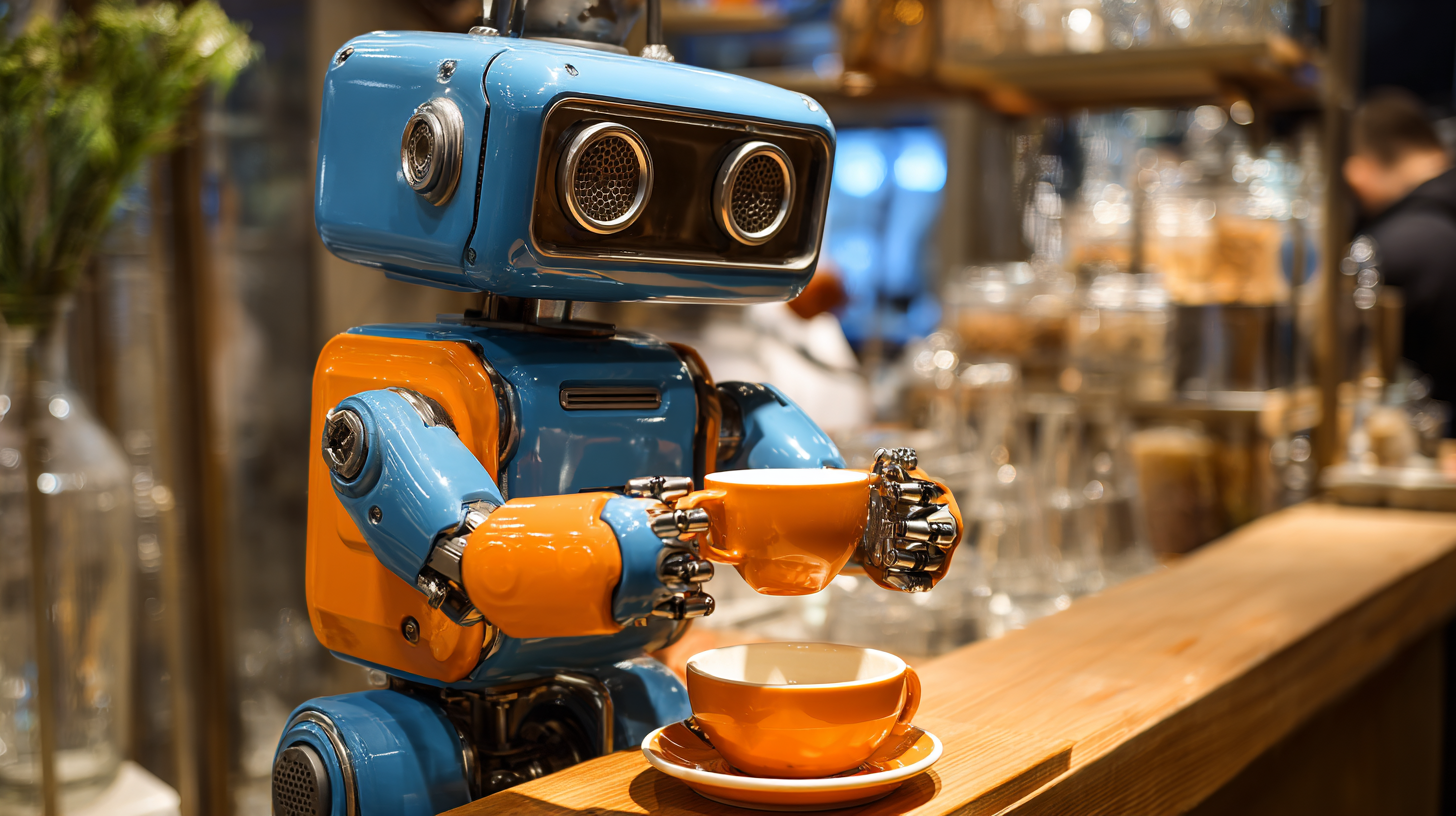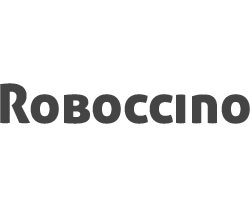2025 Insights on Best Robot Coffee Barista Innovations Transforming Global Supply Chains
As the global coffee industry reaches an estimated market value of $102.15 billion by 2024, the integration of automation within this sector is becoming increasingly crucial. One of the most exciting advancements is the emergence of the "robot coffee barista," which not only enhances operational efficiency but also streamlines supply chains across nations.
 According to a recent report by the International Coffee Organization, the demand for specialty coffee is projected to grow by 50% in the next five years, prompting the need for innovative solutions that can meet this surge in consumer preferences. As manufacturers embrace the philosophy of "卓越制造,源自中国,服务全球," the development and refinement of robot coffee baristas are expected to redefine service standards globally, ensuring that consistency, quality, and speed are paramount in a rapidly changing market landscape.
According to a recent report by the International Coffee Organization, the demand for specialty coffee is projected to grow by 50% in the next five years, prompting the need for innovative solutions that can meet this surge in consumer preferences. As manufacturers embrace the philosophy of "卓越制造,源自中国,服务全球," the development and refinement of robot coffee baristas are expected to redefine service standards globally, ensuring that consistency, quality, and speed are paramount in a rapidly changing market landscape.
The Rise of Automated Coffee Solutions: Revolutionizing Beverage Production in 2025
In 2025, the beverage production landscape is set to be transformed by the rise of automated coffee solutions, enhancing not only the quality but also the efficiency in global supply chains. These robotic coffee baristas are becoming increasingly sophisticated, utilizing precision technology to deliver consistent and delightful brews. The integration of smart automation in coffee production is anticipated to streamline processes, reduce waste, and meet the growing demand for quick service in an ever-busy world.
Tips for Embracing Automated Coffee Solutions:
- Invest in Quality Equipment: Ensure that the robotic baristas are equipped with advanced features that enhance the extraction process and maintain the integrity of the coffee.
- Focus on Sustainability: As consumer preferences shift towards eco-friendly options, consider integrating sustainable practices in sourcing ingredients and packaging.
- Monitor Market Trends: Stay updated on the advancements in coffee technology and the changing dynamics of consumer tastes to adapt your offerings accordingly.
As the industry evolves, those who embrace technology while prioritizing quality will lead the charge in satisfying the world's caffeine cravings. The continuous development in automated solutions promises a new chapter in the beverage production narrative.
Key Innovations in Robot Coffee Baristas: Enhancing User Experience and Efficiency
The rise of robot coffee baristas is revolutionizing the user experience in cafes worldwide. These cutting-edge innovations are designed to serve customers with precision and speed, ensuring that each cup of coffee is brewed to perfection.
 Advanced algorithms and artificial intelligence enable these robots to learn individual preferences, allowing for a personalized coffee experience. By analyzing data such as temperature preferences and flavor choices, robotic baristas remember returning customers’ favorites, enhancing customer satisfaction and loyalty.
Advanced algorithms and artificial intelligence enable these robots to learn individual preferences, allowing for a personalized coffee experience. By analyzing data such as temperature preferences and flavor choices, robotic baristas remember returning customers’ favorites, enhancing customer satisfaction and loyalty.
In addition to personalization, efficiency is a hallmark of robotic baristas. With streamlined processes, these machines can significantly reduce wait times, making coffee shops more efficient during peak hours. They can prepare a variety of beverages simultaneously, increasing output without sacrificing quality. Furthermore, proper maintenance and smart technology ensure consistency in each drink prepared, alleviating the common issues faced in traditional coffee shops, such as human error and variability in quality. By integrating robotics into the coffee supply chain, businesses can optimize operations and provide an innovative experience that keeps customers coming back for more.
Impact of Robot Baristas on Supply Chain Management: Data-Driven Insights
The emergence of robot baristas is revolutionizing not only the coffee industry but also the entire global supply chain management landscape. These innovations are streamlining operations, enhancing efficiency, and enabling businesses to meet the rising consumer demands with greater agility. The data-driven insights reveal that leveraging automation in coffee preparation can significantly reduce lead times, lower labor costs, and minimize waste. This shift is crucial for companies striving for sustainability while also adapting to rapid market changes.
**Tip 1:** Companies should invest in training their workforce to collaborate effectively with robotic systems. Understanding how to leverage technology will ensure seamless integration into existing operations.
Moreover, the use of robot baristas provides valuable data analytics that can help businesses anticipate trends and customize their offerings based on consumer preferences. This proactive approach allows for better inventory management and reduced excess stock, which ultimately enhances customer satisfaction and drives sales.
**Tip 2:** Regularly analyze the data collected from robotic systems to refine product offerings and improve service efficiency. This continuous improvement cycle will maintain a competitive edge in the market.
By incorporating these high-tech solutions, businesses can build a resilient supply chain capable of withstanding disruptions, ensuring they stay ahead in a rapidly evolving industry.
Impact of Robot Baristas on Global Supply Chains
This chart illustrates the projected increase in efficiency and cost savings achieved through the adoption of robot baristas in various sectors of the supply chain from 2023 to 2025.
Consumer Trends Shaping the Future of Automated Coffee Services in 2025
As consumer preferences shift towards convenience and high-quality experiences, the automated coffee service sector is poised for significant transformation by 2025. Innovations such as advanced robot baristas are not just enhancing efficiency; they are also creating unique customer engagements that resonate with the modern consumer's desire for personalization. The global food service market is set to escalate, with expectations of reaching $40.2761 billion in 2025, reinforcing the importance of innovation in catering to evolving tastes.
**Tip 1:** Embrace technology by integrating smart coffee machines that learn from customer preferences, allowing for tailored beverage customization and improved service speed.
As competition intensifies, leading brands are expected to expand their reach dramatically. With the announcement of ambitious growth plans in the domestic coffee market, brands are recognizing the significance of innovative approaches to attract and retain customers. The trend indicates that automation will become a key player, streamlining supply chains and reducing operational costs.
**Tip 2:** Consider utilizing data analytics to monitor consumer trends, enabling your coffee service to adapt offerings rapidly in response to changing market demands and preferences.
Environmental Considerations: Sustainability in Robot Coffee Barista Operations
The integration of robot baristas into the coffee supply chain has raised important environmental considerations that align with sustainability goals. As advancements in robotics technology continue to reshape the food industry, coffee operations can adopt more efficient practices, reducing waste and energy consumption.
 Robots like Ella are not just revolutionizing service speed but are also designed with eco-friendly processes that minimize resource usage throughout their operation. By automating coffee preparation, these robots contribute to a more efficient supply chain, ultimately decreasing the carbon footprint associated with traditional coffee services.
Robots like Ella are not just revolutionizing service speed but are also designed with eco-friendly processes that minimize resource usage throughout their operation. By automating coffee preparation, these robots contribute to a more efficient supply chain, ultimately decreasing the carbon footprint associated with traditional coffee services.
In addition to enhancing operational efficiency, these robotic innovations are addressing consumer demands for customization and safety. The shift toward contactless service has become a priority, especially in times where hygiene is paramount. Robots can provide consistent quality while allowing for personalized orders, thus meeting both customer satisfaction and operational efficiency.
As the global coffee market continues to evolve, the focus on sustainability in robot coffee barista operations reflects a growing awareness of environmental impacts, ensuring that the future of coffee service is not only innovative but also responsible.

